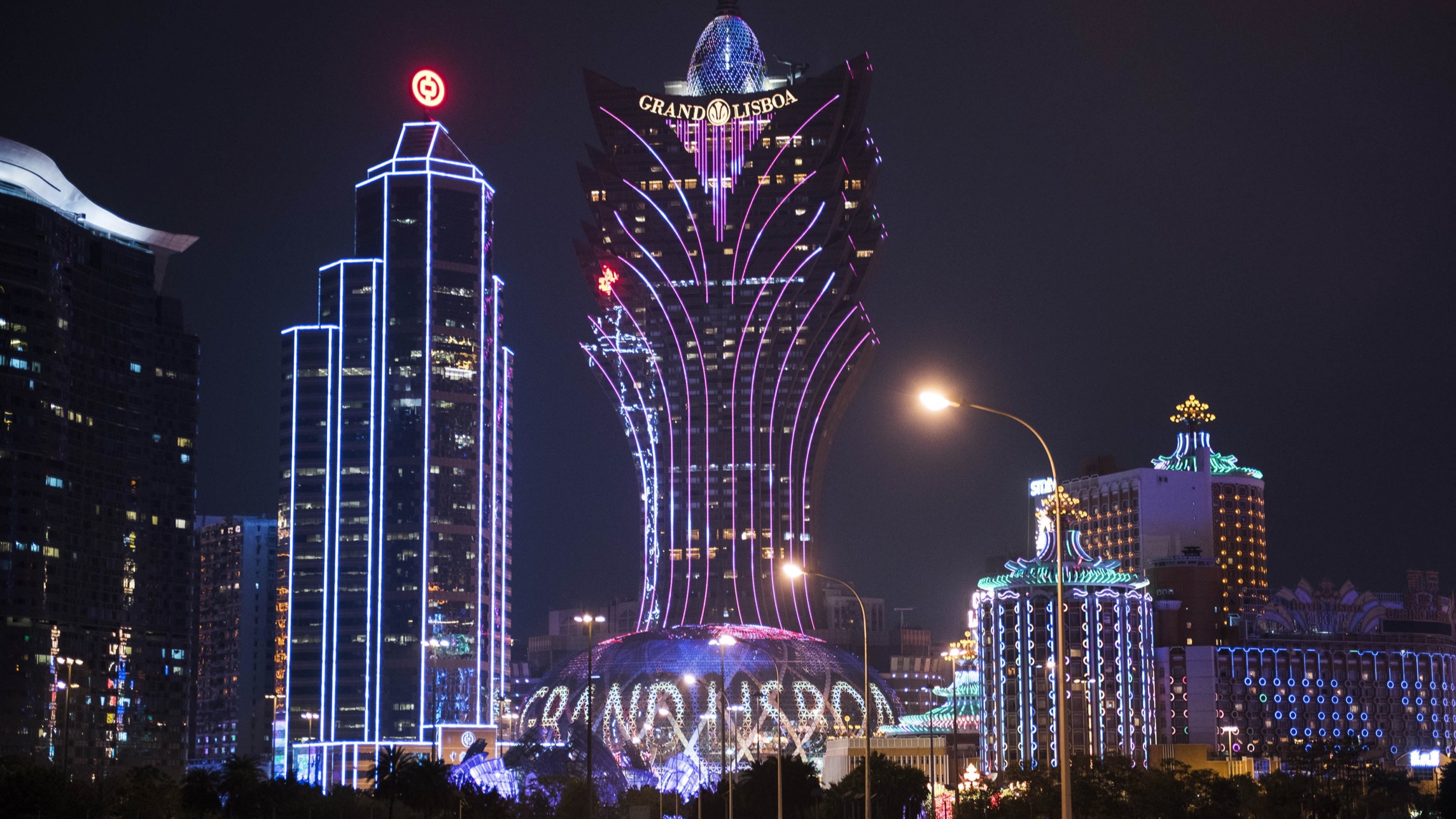
Gambling games have long been a engaging entertainment option, drawing millions of players from diverse cultures around the globe. From the glitzy casinos of Las Vegas to the bustling gambling halls of the Cotai Strip, these games serve as a bridge that connects people across various backgrounds. The allure of luck, tactics, and risk entices not only those hoping to gamble for profit but also those looking for a feeling of belonging.
The significance of casino games extends significantly past the gaming floor. They often represent the values and principles of the cultures in which they thrive. Games such as seven-card stud, pontoon, and roulette have woven themselves into the mosaic of popular culture, influencing various aspects from cinema to fashion. As we explore this captivating intersection of luck and culture, we can gain insights into how casino games shape and are shaped by the environment surrounding us.
Chronological Progression of Gambling Activities
The beginnings of casino activities can be followed back to ancient civilizations, where betting in multiple forms was widely performed. In the East, around 2300 B.C., a variant of luck game known as Keno was popular, while in historic Rome, soldiers would frequently wager on the consequences of their matches. The notion of using luck for amusement and income progressed over the centuries, leading to the creation of more formal games. By the late Middle Ages, betting houses began to emerge in Europe, notably in Italy, which brought forth early incarnations of well-liked activities still played today.
As betting increased popularity in European regions, the 17th and 18th centuries saw the appearance of gaming houses as dedicated establishments for gaming. The initial official gambling house, the Ridotto, was set up in the Venetian city in the year 1638, featuring games like Baccarat games and the game Faro. This time marked a major shifting point, as gaming venues commenced to welcome not just the elite but also the growing middle class. The complexity of games evolved, leading to the creation of new regulations and variations that enhanced the gaming experience.
In the 19th century, the era of industrialization and shifts in societal standards also altered the terrain of gambling activities. The introduction of roulette and modern gaming machines attracted a larger crowd, and casinos became seen as acceptable recreation. This period witnessed the globalization of gaming, as casinos expanded from Europe to the Western Hemisphere, culminating in the development of the iconic Las Vegas Strip in the twentieth century. The development of casino games has persisted into the current era, including new technologies and digital platforms, allowing them open to a worldwide market.
# Cultural Importance in Different Communities
Gambling games have profound cultural value across many communities across the globe. Places like Las Vegas, the very essence of the city is woven around gaming venues, where gaming is not just a hobby but a key aspect of entertainment and community interaction. The vivid lights and lively atmosphere attract a vast audience, showcasing how casino games can shape local economies and cultural uniqueness. This setting transforms the notion of leisure into an engaging encounter that influences style, sound, and even film.
In contrast, some societies view gambling with an air of caution, seeing it through the lens of ethical considerations and heritage. For example, in numerous Asian cultures, games like Mahjongg and Pai Gow Gambling are steeped in history and possess significant social relevance. These games are often played during gatherings and celebrations, fostering collective connections and strengthening familial ties. The act of playing these games goes beyond mere leisure, reflecting values such as deference to seniors and the importance of collective enjoyment.
Simultaneously, in Western countries such as Monte Carlo and Italy, casino games serve as symbols of wealth and refinement. The stylish atmosphere of these locations attracts both travelers and native inhabitants, maintaining a sense of prestige and elitism. The art of poker and the strategic features of games like baccarat are appreciated, influencing interpersonal interactions and establishing an allure that enthralls a heterogeneous audience. casino not on GamStop This highlights how games of chance can simultaneously mirror and shape cultural attitudes towards risk, benefit, and social interaction.
Economic Impact and Tourism
Casino games play a crucial role in the financial context of many areas, particularly those that rely heavily on tourism. The revenue generated from gambling establishments fuels local financial systems, creating employment opportunities not only within the casinos but also but also in connected industries such as hospitality, dining, and entertainment. This influx of tourists, drawn by the attraction of gambling and the overall casino experience, stimulates spending across multiple businesses, contributing to the economic health of the region.
The presence of casinos often leads to the development of infrastructure, including hotels, transportation systems, and recreational facilities. These improvements are essential in improving the overall tourist experience, making locations more appealing to tourists. Additionally, many casinos contribute in local communities through sponsorship of activities and charitable initiatives, further embedding themselves into the social fabric of the region. Such investment not only supports economic growth but also cultivates a positive image of the casino industry.
In addition, the worldwide appeal of casino games drives competitive tourism, with regions vying to attract gamblers from across the globe. Iconic locations like Las Vegas and Macau have become synonymous with casino culture, drawing millions each year. This advantage encourages creativity and variety within the gaming industry, influencing trends in leisure and hospitality that extend beyond their limits. The ripple effects of this visitor influx extend far, impacting local economies and cultural exchanges on a global scale.